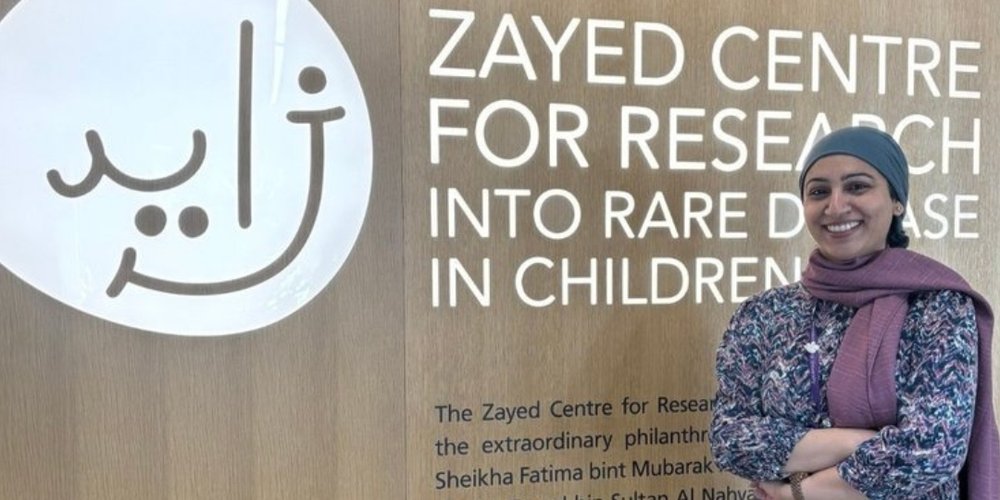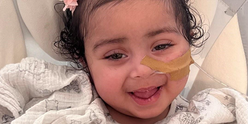GOSH Charity funds seven new research projects to improve understanding of rare childhood conditions
29 Oct 2025, 5:09 p.m.
Great Ormond Street Hospital Charity (GOSH Charity) is funding seven new discovery research projects that will improve the understanding of rare and complex childhood conditions. This funding is part of the Charity’s Lift Off grant scheme – designed to support early-stage research and get new ideas off the ground.
Why is discovery research important?
The Lift Off Grants consist of two streams that run throughout the year: Discovery and Patient-focussed. This recent round of funding was for the Discovery stream, supporting projects that involve lab or data-based research. Discovery research is a vital first step in the research journey – and its funding is crucial for the advancement of new treatments and care for seriously ill children.
What projects were funded?
Following recommendations from our Lived Experience Experts and Scientific Assessment Panel, we’ve awarded £560k across seven projects. These projects, led by researchers at Great Ormond Street Hospital and the UCL Institute of Child Health, span a range of rare and complex diseases, including brain disorders, conditions affecting the lungs and airways, and inflammatory and muscle-wasting conditions. View the full list of funded projects in the discovery research stream.
Excitingly, two of the projects being funded are led by early career researchers. We are proud to support the next generation of researchers through our funding schemes, as they play a crucial role in the future of child health. This funding forms part of our £70 million research strategy - which aims to transform the lives of seriously ill children through research-led care.
Project spotlight: a Trojan Horse strategy to deliver targeted gene therapies to the brain
Dr Asma Naseem is an early career researcher who received funding to develop a new gene-editing treatment for Infantile Krabbe Disease, a rare and often fatal condition affecting babies’ brains and nervous systems.
In babies with infantile Krabbe disease, their body cannot break down certain waste materials inside cells, leading to harmful buildup and brain damage. Treatment is very difficult because most medicines cannot cross the blood brain barrier (the brain’s natural shield) to reach the brain.
To overcome this, Dr Naseem and her team are creating a smart delivery system that can safely carry gene editors into the brain, like a “Trojan horse”, to repair the faulty gene and target the root cause of the disease, offering new hope for affected children.
"The Lift Off grant is an excellent way to gain confidence and support to turn exciting research concepts into real-world impact. I’d recommend other researchers apply, because it doesn’t just offer funding, but also valuable mentorship, networking, and visibility that can accelerate your project’s development."

Dr Asma Naseem in front of entrance sign to the Zayed Centre for Research into Rare Disease in Children.
Applications for patient focussed Lift Off Grants now open
The Patient focussed stream of the Lift Off Grants is now open for applications. This stream is designed to support a new research question where the hospital and its patient population are the focus. For example, projects that aim to improve clinical practice or quality of life.






